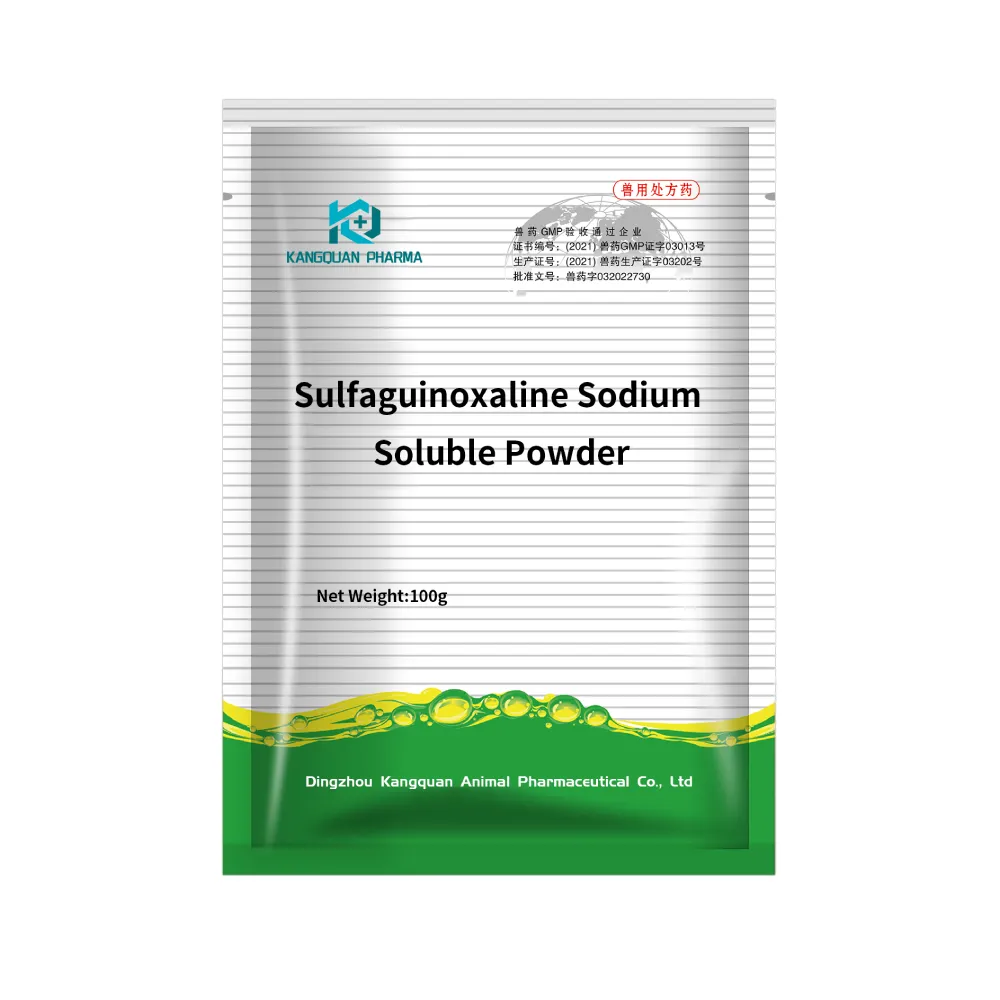- Afrikaans
- Albanian
- Amharic
- Arabic
- Armenian
- Azerbaijani
- Basque
- Belarusian
- Bengali
- Bosnian
- Bulgarian
- Catalan
- Cebuano
- Corsican
- Croatian
- Czech
- Danish
- Dutch
- English
- Esperanto
- Estonian
- Finnish
- French
- Frisian
- Galician
- Georgian
- German
- Greek
- Gujarati
- Haitian Creole
- hausa
- hawaiian
- Hebrew
- Hindi
- Miao
- Hungarian
- Icelandic
- igbo
- Indonesian
- irish
- Italian
- Japanese
- Javanese
- Kannada
- kazakh
- Khmer
- Rwandese
- Korean
- Kurdish
- Kyrgyz
- Lao
- Latin
- Latvian
- Lithuanian
- Luxembourgish
- Macedonian
- Malgashi
- Malay
- Malayalam
- Maltese
- Maori
- Marathi
- Mongolian
- Myanmar
- Nepali
- Norwegian
- Norwegian
- Occitan
- Pashto
- Persian
- Polish
- Portuguese
- Punjabi
- Romanian
- Russian
- Samoan
- Scottish Gaelic
- Serbian
- Sesotho
- Shona
- Sindhi
- Sinhala
- Slovak
- Slovenian
- Somali
- Spanish
- Sundanese
- Swahili
- Swedish
- Tagalog
- Tajik
- Tamil
- Tatar
- Telugu
- Thai
- Turkish
- Turkmen
- Ukrainian
- Urdu
- Uighur
- Uzbek
- Vietnamese
- Welsh
- Bantu
- Yiddish
- Yoruba
- Zulu
8 月 . 04, 2024 02:57 Back to list
Exploring the Benefits and Risks of Enrofloxacin in Canine Health Treatment Options
Enrofloxacin for Dogs A Comprehensive Guide
Enrofloxacin is a broad-spectrum antibiotic belonging to the fluoroquinolone class and is commonly used in veterinary medicine to treat various bacterial infections in dogs. This powerful medication is effective against a wide range of pathogens, making it a valuable tool for veterinarians in managing infections that can affect the skin, urinary tract, respiratory system, and more.
Mechanism of Action
Enrofloxacin works by inhibiting bacterial DNA gyrase and topoisomerase IV, enzymes crucial for bacterial DNA replication, transcription, and repair. By disrupting these essential processes, enrofloxacin effectively eliminates harmful bacteria, helping to control infections in dogs. This antibiotic is noted for its ability to penetrate well into tissues, making it especially useful for treating deep-seated infections.
Indications and Uses
Veterinarians often prescribe enrofloxacin for various conditions such as
1. Urinary Tract Infections (UTIs) Enrofloxacin is particularly effective against bacteria that commonly cause UTIs in dogs. 2. Skin Infections It can treat pyoderma and other skin infections, especially those caused by resistant strains of bacteria. 3. Respiratory Infections Enrofloxacin is utilized in cases of pneumonia or bronchitis where bacterial infection is suspected. 4. Wound Infections It may be prescribed for infections resulting from bites or surgical wounds. 5. Gastrointestinal Infections In some cases, enrofloxacin can be used to address gastrointestinal bacterial infections.
enroflox for dogs

Dosage and Administration
The dosage of enrofloxacin for dogs varies based on the dog’s weight, the severity of the infection, and the veterinarian's assessment. It is typically administered orally in the form of tablets or as an injectable solution. Ensuring that the full course of the antibiotic is completed, even if the dog seems to improve, is crucial to prevent the development of antibiotic resistance.
Side Effects and Precautions
While enrofloxacin is generally well-tolerated, it can cause side effects in some dogs. Common side effects include gastrointestinal disturbances, such as vomiting and diarrhea. In rare cases, it may lead to more serious reactions, such as neurological issues or joint problems, particularly in young or growing dogs, as fluoroquinolones can affect cartilage development.
Pet owners should be cautious and monitor their dogs for adverse effects and consult with a veterinarian if any unusual symptoms arise. Additionally, enrofloxacin should not be used in dogs with known hypersensitivity to fluoroquinolones or in those with certain pre-existing conditions, such as seizures or certain types of liver disease.
Conclusion
Enrofloxacin is a potent antibiotic that plays a crucial role in treating bacterial infections in dogs. Its broad-spectrum effectiveness makes it a go-to choice for veterinarians tackling various illnesses. However, responsible use is essential to minimize the risk of antibiotic resistance and ensure the health and safety of companion animals. If your dog is prescribed enrofloxacin, follow your veterinarian's instructions carefully and report any side effects. Regular veterinary visits and discussions about your pet's health are important in maintaining their well-being and preventing infections from recurring.
-
The Power of Radix Isatidis Extract for Your Health and Wellness
NewsOct.29,2024
-
Neomycin Sulfate Soluble Powder: A Versatile Solution for Pet Health
NewsOct.29,2024
-
Lincomycin Hydrochloride Soluble Powder – The Essential Solution
NewsOct.29,2024
-
Garamycin Gentamicin Sulfate for Effective Infection Control
NewsOct.29,2024
-
Doxycycline Hyclate Soluble Powder: Your Antibiotic Needs
NewsOct.29,2024
-
Tilmicosin Premix: The Ultimate Solution for Poultry Health
NewsOct.29,2024













